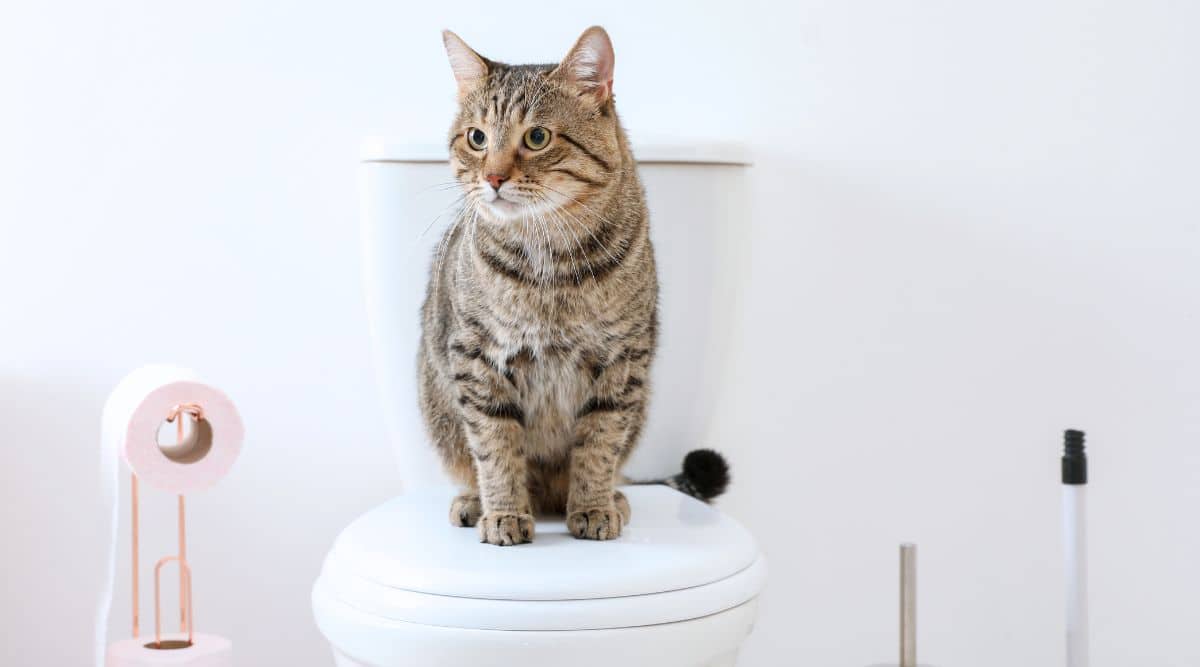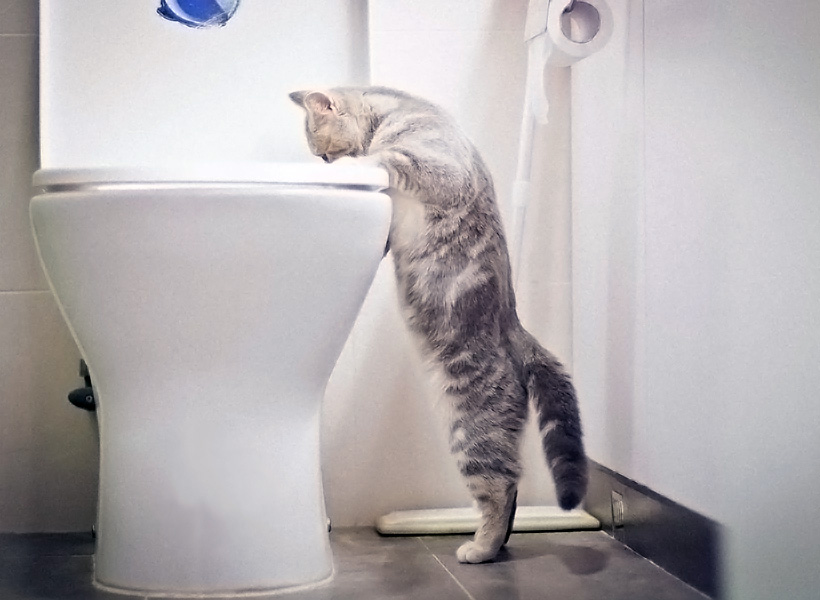Avoid Clogs and Damage: Never Flush Cat Poop Down Your Toilet - Professional Insights
Avoid Clogs and Damage: Never Flush Cat Poop Down Your Toilet - Professional Insights
Blog Article
The article author is making several good pointers on the subject of Don’t flush cat feces down the toilet in general in the content down below.

Introduction
As cat proprietors, it's important to be mindful of how we get rid of our feline friends' waste. While it may seem hassle-free to flush feline poop down the bathroom, this method can have destructive consequences for both the environment and human wellness.
Environmental Impact
Flushing pet cat poop introduces damaging pathogens and parasites right into the water, posturing a significant danger to water communities. These pollutants can adversely affect aquatic life and concession water quality.
Health and wellness Risks
Along with environmental issues, purging pet cat waste can also pose wellness threats to humans. Feline feces might have Toxoplasma gondii, a parasite that can trigger toxoplasmosis-- a potentially serious health problem, especially for expectant women and individuals with weakened immune systems.
Alternatives to Flushing
Thankfully, there are much safer and a lot more responsible ways to take care of pet cat poop. Think about the following alternatives:
1. Scoop and Dispose in Trash
The most usual technique of throwing away cat poop is to scoop it right into a biodegradable bag and throw it in the garbage. Make certain to use a dedicated clutter scoop and take care of the waste promptly.
2. Use Biodegradable Litter
Select eco-friendly pet cat litter made from materials such as corn or wheat. These litters are environmentally friendly and can be safely dealt with in the trash.
3. Bury in the Yard
If you have a yard, consider hiding pet cat waste in a marked location away from vegetable yards and water resources. Be sure to dig deep enough to stop contamination of groundwater.
4. Set Up a Pet Waste Disposal System
Purchase a pet garbage disposal system particularly designed for pet cat waste. These systems utilize enzymes to break down the waste, reducing smell and environmental impact.
Final thought
Responsible family pet ownership prolongs past offering food and sanctuary-- it also includes correct waste monitoring. By avoiding purging pet cat poop down the commode and selecting different disposal approaches, we can lessen our ecological footprint and shield human health.
Why You Should Never Flush Cat Poop Down the Toilet
A rose by any other name might smell as sweet, but not all poop is created equal. Toilets, and our sewage systems, are designed for human excrement, not animal waste. It might seem like it couldn’t hurt to toss cat feces into the loo, but it’s not a good idea to flush cat poop in the toilet.
First and foremost, assuming your cat uses a litter box, any waste is going to have litter on it. And even the smallest amount of litter can wreak havoc on plumbing.
Over time, small amounts build up, filling up your septic system. Most litter sold today is clumping; it is made from a type of clay that hardens when it gets wet. Ever tried to scrape old clumps from the bottom of a litter box? You know just how cement-hard it can get!
Now imagine just a small clump of that stuck in your pipes. A simple de-clogger like Drano isn’t going to cut it. And that means it’s going to cost you big time to fix it.
Parasitic Contamination
Believe it or not, your healthy kitty may be harboring a nasty parasite. Only cats excrete Toxoplasma in their feces. Yet it rarely causes serious health issues in the cats that are infected. Most people will be fine too if infected. Only pregnant women and people with compromised immune systems are at risk. (If you’ve ever heard how women who are expecting are excused from litter cleaning duty, Toxoplasma is why.)
But other animals may have a problem if infected with the parasite. And human water treatment systems aren’t designed to handle it. As a result, the systems don’t remove the parasite before discharging wastewater into local waterways. Fish, shellfish, and other marine life — otters in particular — are susceptible to toxoplasma. If exposed, most will end up with brain damage and many will die.
Depending on the species of fish, they may end up on someone’s fish hook and, ultimately on someone’s dinner plate. If that someone has a chronic illness, they’re at risk.
Skip the Toilet Training
We know there are folks out there who like to toilet train their cats. And we give them props, it takes a lot of work. But thanks to the toxoplasma, it’s not a good idea.

I recently found that blog post about How to Dispose of Cat Poop and Litter Without Plastic Bags while doing research the web. Sharing is caring. You won't know, you might be helping someone out. We value reading our article about Can You Flush Cat Poop Down The Toilet?.
View Report this page